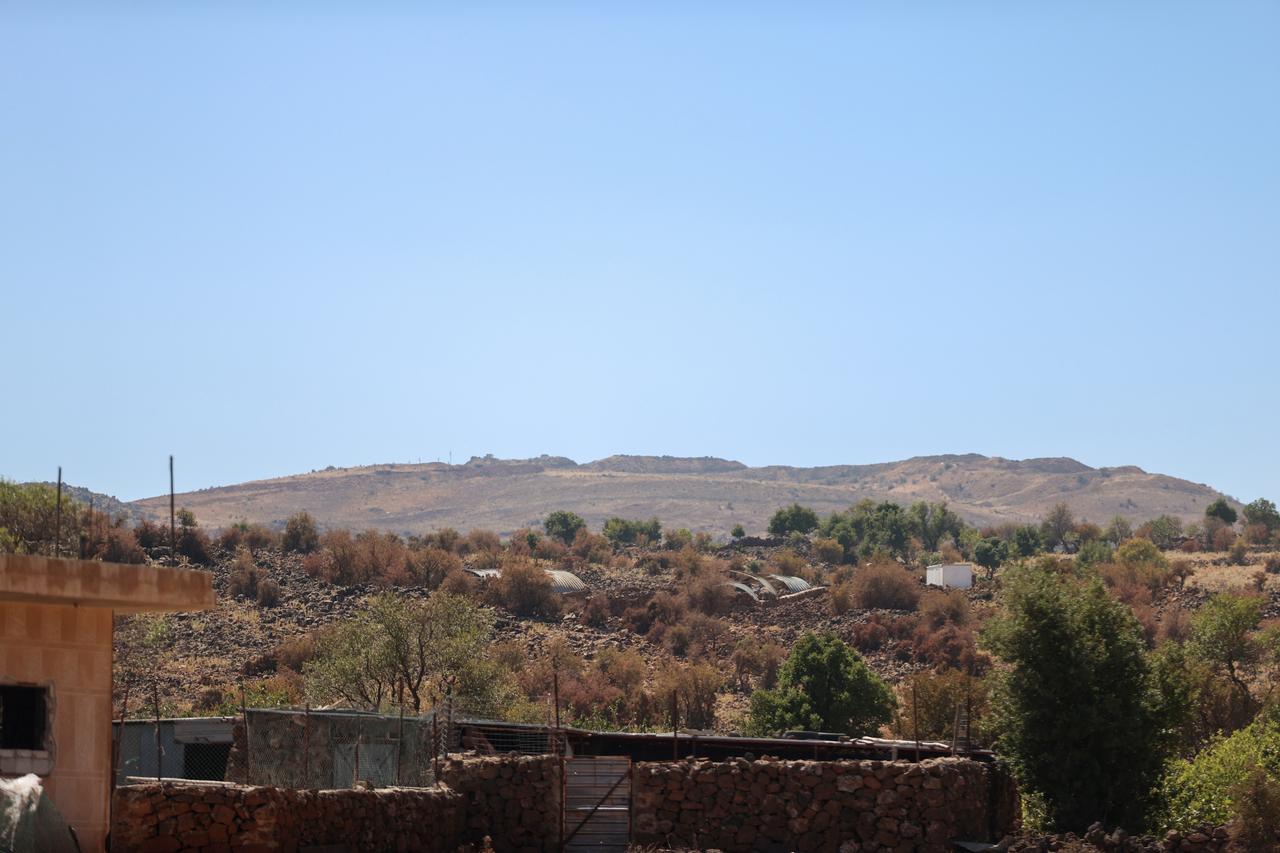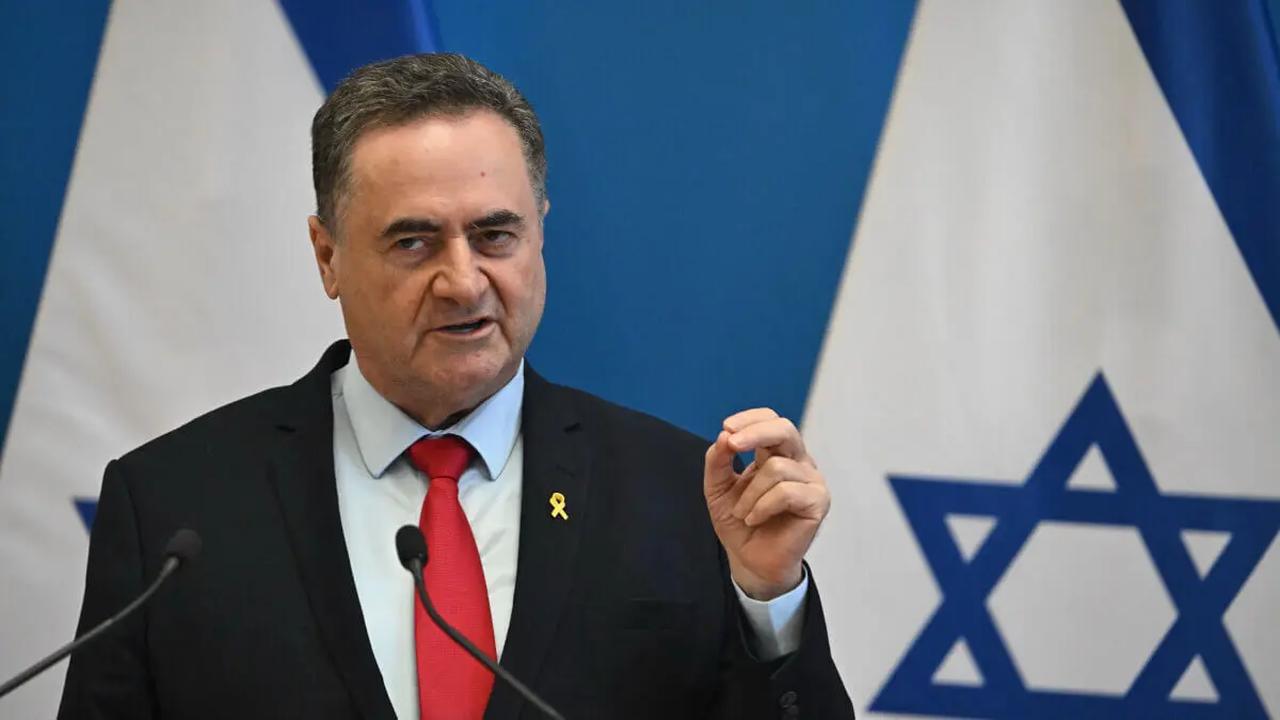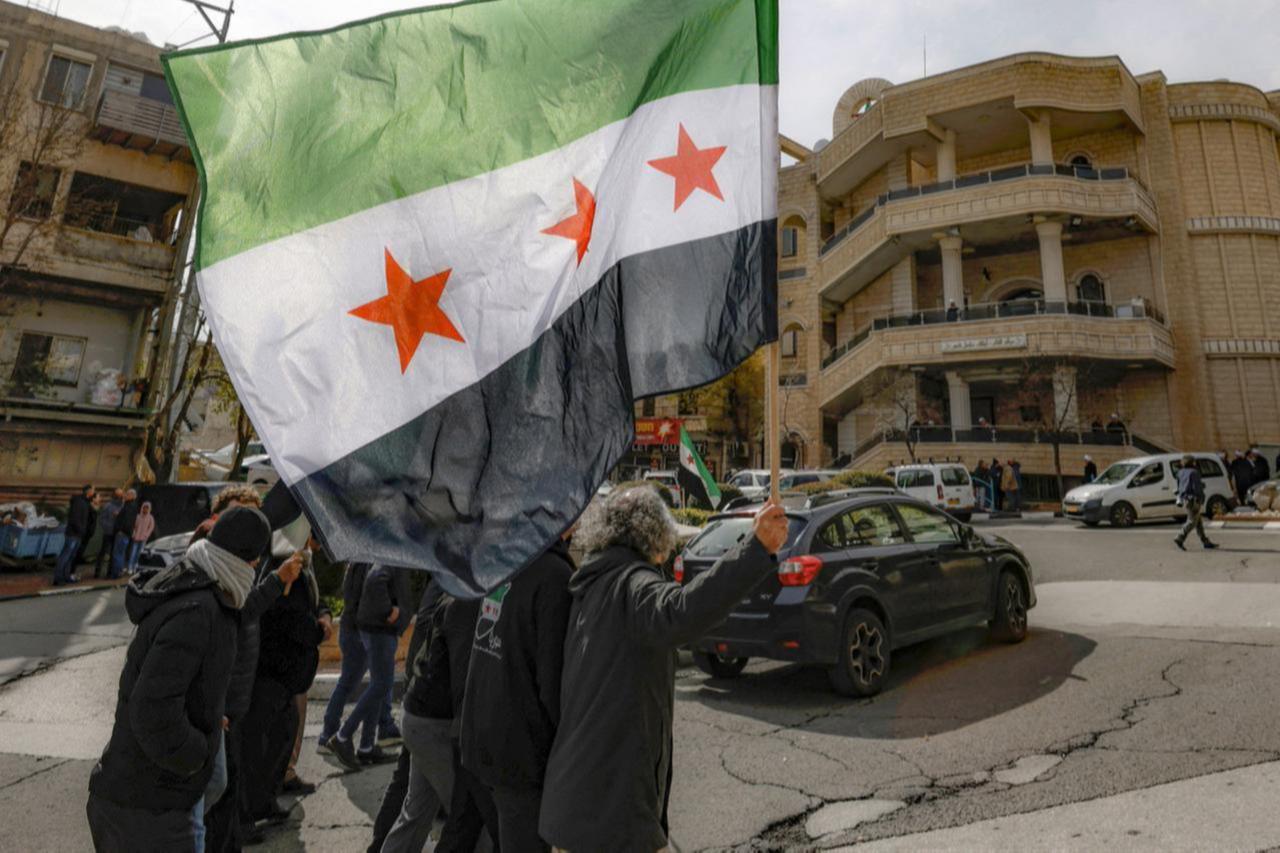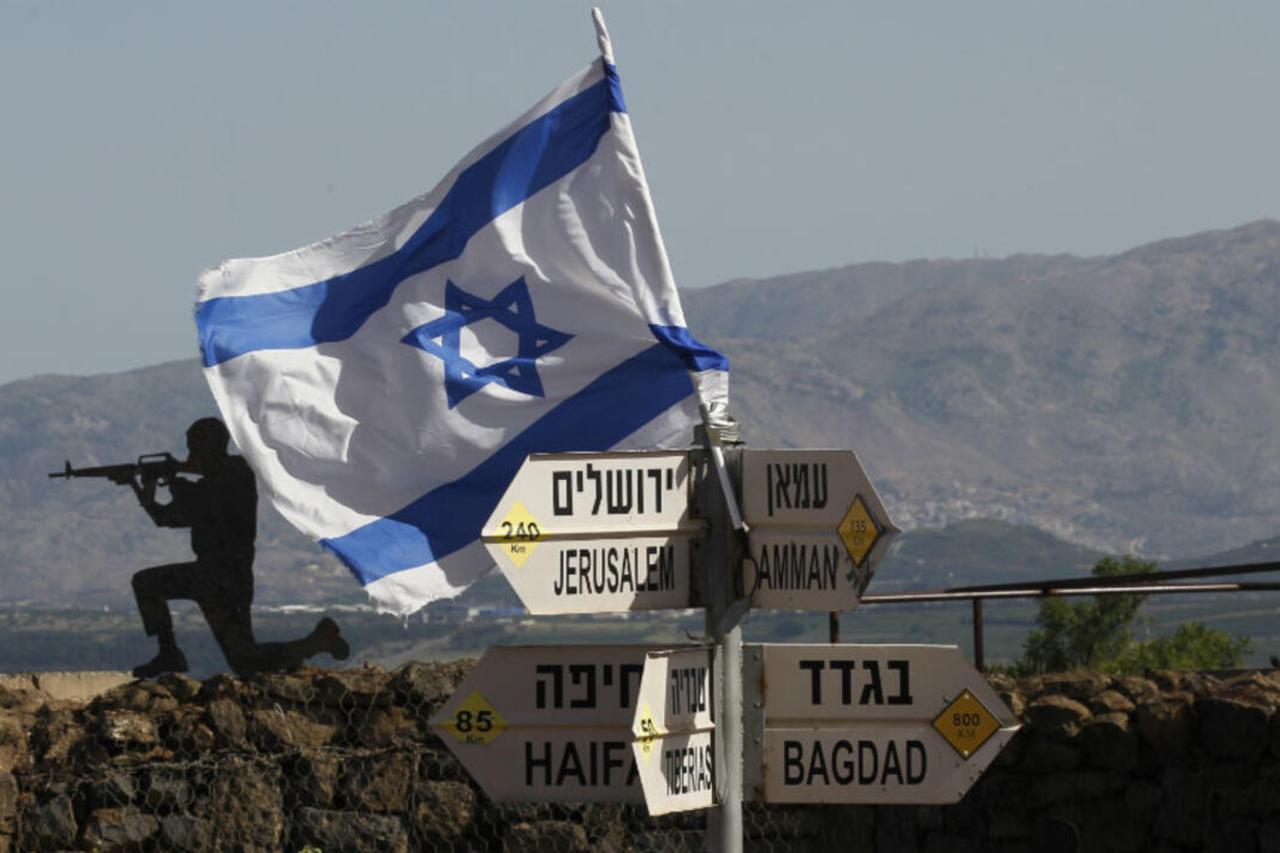
Syrian state television Al-Ikhbariyah reported that Israeli troops carried out a raid in the village of Beit Jinn, southwest of Damascus, early on Tuesday. The force, consisting of seven armored vehicles and around 100 soldiers, entered the village and detained several residents.
When civilians gathered to protest the incursion, Israeli forces opened fire. One young man was shot dead at the scene, according to local resident Ali Hamade, who told Anadolu Agency that his body was only retrieved and buried once troops withdrew. Hamade added that seven other young men were taken into custody.
He described daily life under Israeli incursions as filled with fear, with checkpoints frequently erected and families forced to abandon their homes. Another villager, Abdullah Hamade, said older residents also joined the protest and were fired upon before they could approach the soldiers. “We lay on the ground, we did not flee,” he recalled, noting that civilians have faced similar shootings in the past.

Israeli Defense Minister Israel Katz declared that Israel would continue its occupation of Mount Hermon (Jabal al-Sheikh). Cited by The Times of Israel, Katz justified the move as necessary for the protection of settlements in the Golan Heights and the Galilee region.
He also claimed Israel’s operations were intended to “protect the Druze community” in southern Syria. The announcement came amid speculation in Israeli and Arab media about possible progress toward a “non-aggression understanding” between the two countries.

According to Israeli state broadcaster KAN, senior officials suggested that Tel Aviv and Damascus could aim to sign an agreement by the end of September, with U.S. mediation. The proposed deal would reportedly include commitments to halt Israeli strikes and ensure protection for the Druze population.
The U.S. administration has urged both sides to accelerate the process, with Washington highlighting the importance of presenting a framework swiftly. Talks between Syrian and Israeli officials, mediated by the U.S., reportedly took place in Paris on August 19, with representatives from both governments and American envoys in attendance.
Syrian state television later quoted a government source confirming that the sides reiterated their commitment to Syria’s territorial unity and rejecting any plans to divide the country. The same source said humanitarian aid and easing conditions for civilians in southern Syria were also discussed.
Saudi Arabia’s Foreign Ministry issued a statement denouncing Israel’s actions in Syria as “a flagrant violation of sovereignty and international law.” Riyadh said Israeli incursions into Syrian territory also breached the 1974 disengagement agreement signed between the two countries.
The kingdom reaffirmed its support for Syria’s territorial integrity, rejecting separatist agendas, and called on the international community to act “seriously and firmly” against Israel’s continuing military operations. The statement also urged Syrians to pursue dialogue and unity in the country’s reconstruction.

Israel has held the Golan Heights since illegally capturing the area from Syria in 1967. Under the disengagement agreement signed in 1974, a buffer zone was established to prevent direct confrontations. However, after the collapse of the Bashar al-Assad government in late 2024, Israel expanded its presence, seizing control of the demilitarized zone and advancing to within 20 kilometers of Damascus.

Israeli Prime Minister Benjamin Netanyahu has previously stated that Israel’s presence in the south of Syria would be permanent. In December 2024, Israeli forces extended their operations beyond the buffer zone, while in July this year Israel carried out strikes on Sweida and targets in Damascus, including areas near the presidential compound and the army’s General Command headquarters.